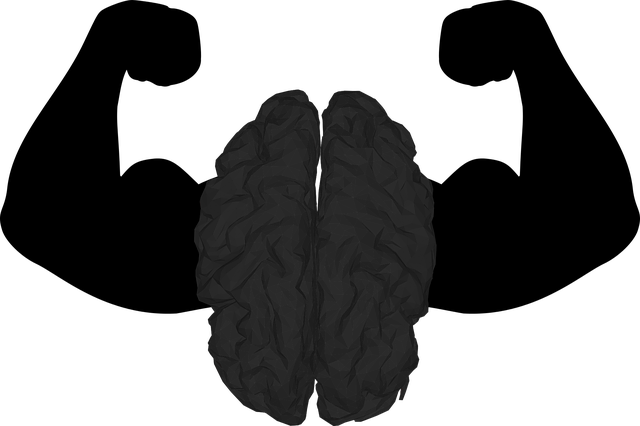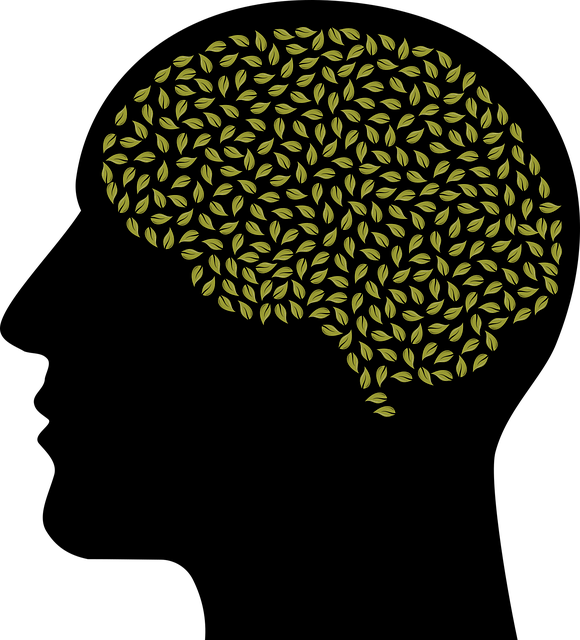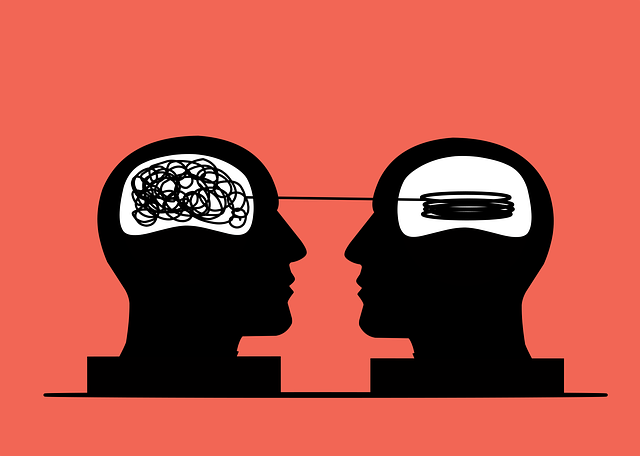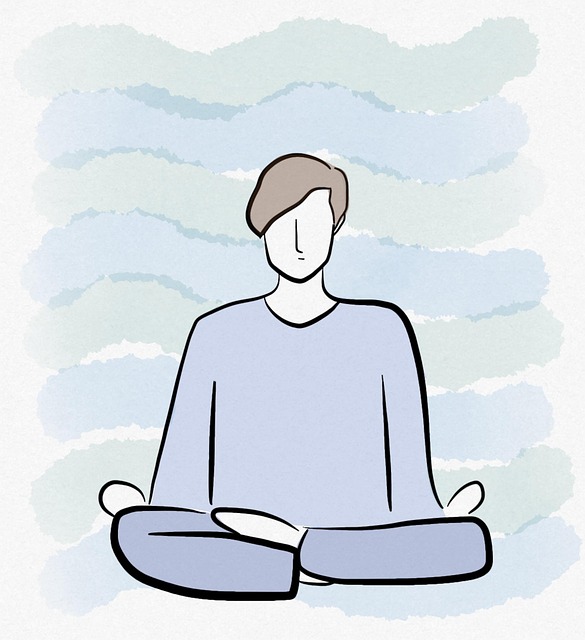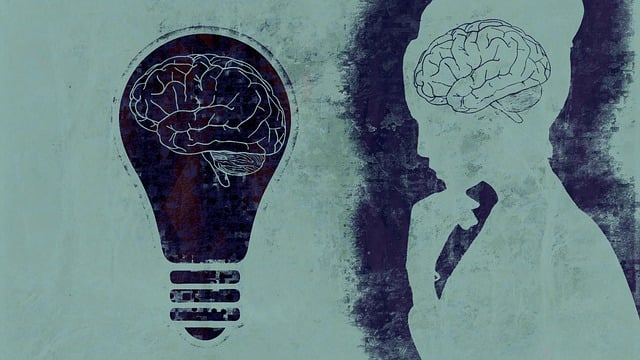Mental wellness encompasses emotional, psychological, and social health, with self-care practices preventing issues like stress, anxiety, and PTSD. Golden PTSD Therapy combines exposure therapy with cognitive processing for trauma healing. Effective self-care involves cultivating healthy habits, diverse therapeutic techniques, and cultural sensitivity in mental healthcare. Personalized routines, mindfulness, creative outlets, physical activity, and supportive communities enhance well-being. For PTSD, grounding techniques, therapy, and safety activities are crucial, emphasizing consistency and adaptability in maintaining a sustainable routine.
Developing a robust mental wellness self-care routine is essential for maintaining overall well-being. This article explores crucial aspects of understanding mental wellness and the importance of self-care, with a specific focus on Golden Post-Traumatic Stress Disorder (PTSD) therapy as a comprehensive approach. We’ll guide you through building a personalized self-care routine tailored to your unique needs. By implementing these strategies, you can effectively manage stress, promote healing, and enhance your mental resilience.
- Understanding Mental Wellness and Self-Care
- Golden Post-Traumatic Stress Disorder (PTSD) Therapy: A Comprehensive Approach
- Building Your Personalized Self-Care Routine
Understanding Mental Wellness and Self-Care

Mental wellness is a holistic concept encompassing our emotional, psychological, and social well-being. It’s about recognizing and valuing our unique mental health needs, just as we would prioritize physical health. Self-care plays a pivotal role in maintaining this balance, acting as a protective measure against stress, anxiety, and potential mental health disorders like Post-Traumatic Stress Disorder (PTSD). Effective self-care involves cultivating healthy habits and practices tailored to individual needs, ensuring mental resilience and overall life satisfaction.
Understanding the significance of mental wellness necessitates a shift in perspective, moving beyond the absence of illness towards promoting proactive well-being. This includes recognizing the impact of trauma and adopting evidence-based therapies like Golden PTSD Therapy, which combines exposure therapy with cognitive processing to help individuals process traumatic memories effectively. Additionally, fostering healthy communication strategies, conflict resolution techniques, and cultural sensitivity in mental healthcare practice are essential components of holistic self-care, ensuring tailored support for diverse populations.
Golden Post-Traumatic Stress Disorder (PTSD) Therapy: A Comprehensive Approach

Golden Post-Traumatic Stress Disorder (PTSD) Therapy offers a comprehensive approach to healing and recovery. This therapy focuses on addressing the root causes of PTSD, which can include traumatic events such as military combat, natural disasters, or personal assaults. The golden standard involves a multifaceted strategy that combines various therapeutic techniques, tailored to each individual’s unique experience.
The process typically includes resilience-building exercises designed to empower individuals in managing their trauma. Trained therapists employ effective communication strategies to create a safe space for patients to share their stories and express emotions freely. By integrating these approaches, the therapy aims to provide robust support services that facilitate emotional regulation, promote healthy coping mechanisms, and foster overall well-being.
Building Your Personalized Self-Care Routine

Developing a personalized self-care routine is an empowering step towards enhancing your mental wellness and overall well-being. It’s about creating practices that resonate with you, catering to your unique needs, and prioritizing your peace of mind. Start by identifying triggers and patterns; understand what activities or environments positively impact your mood and energy levels, and which may cause stress or re-traumatization. This self-awareness is a cornerstone in building an effective routine.
Consider incorporating various strategies such as mindfulness exercises for stress reduction methods, creative outlets for emotional expression, regular physical activity to boost mood management, and connecting with supportive communities for social skills training. For individuals who have experienced post-traumatic stress disorder (PTSD), golden threads of self-care might include grounding techniques, therapy sessions, and engaging in activities that foster a sense of safety and calm. Remember, consistency is key; make your routine sustainable by setting achievable goals and allowing flexibility as you navigate the ever-changing landscape of mental wellness.
Developing a mental wellness self-care routine is a powerful tool for managing and improving overall well-being. As discussed, understanding mental health and its impact on daily life is essential. The article has explored various aspects, including the unique challenges of Post-Traumatic Stress Disorder (PTSD) and its treatment through comprehensive therapy methods. By incorporating personalized self-care practices, individuals can effectively navigate their mental health journey. Remember, crafting a routine that suits your needs is key, and with dedicated effort, you can unlock a sense of balance and resilience, making way for a brighter and healthier future.


